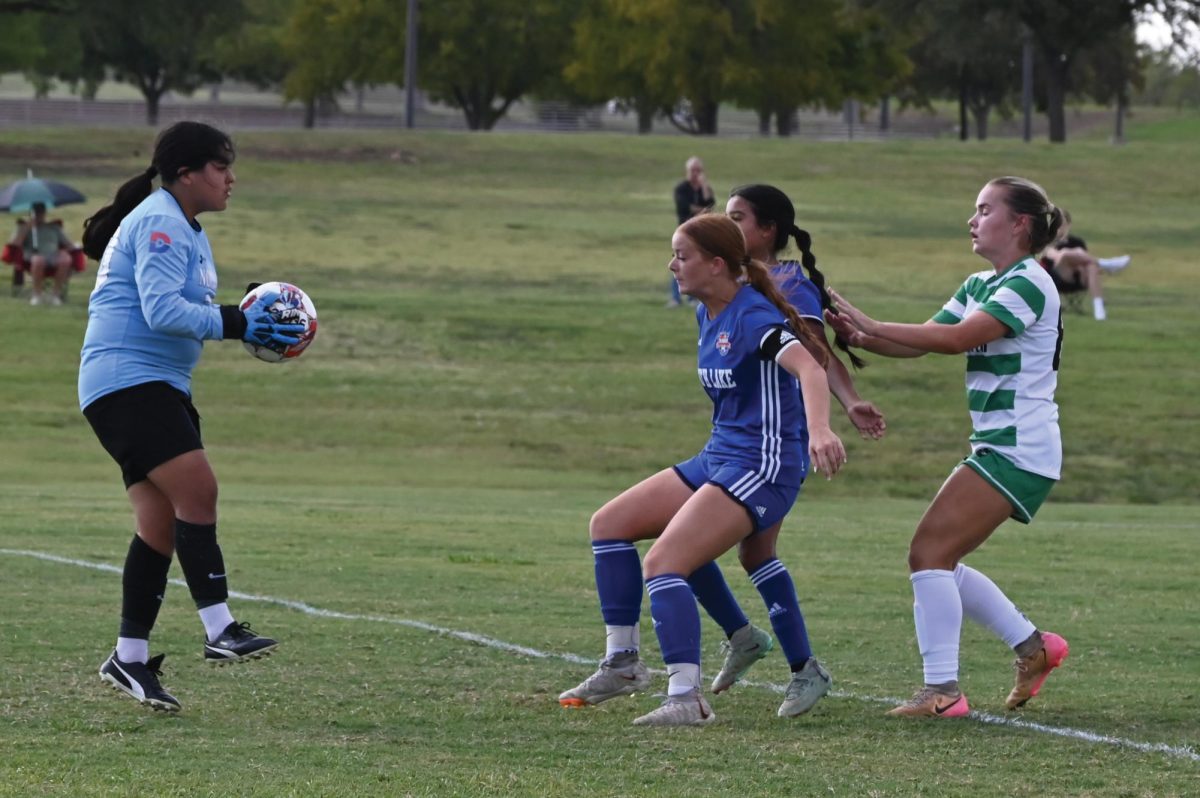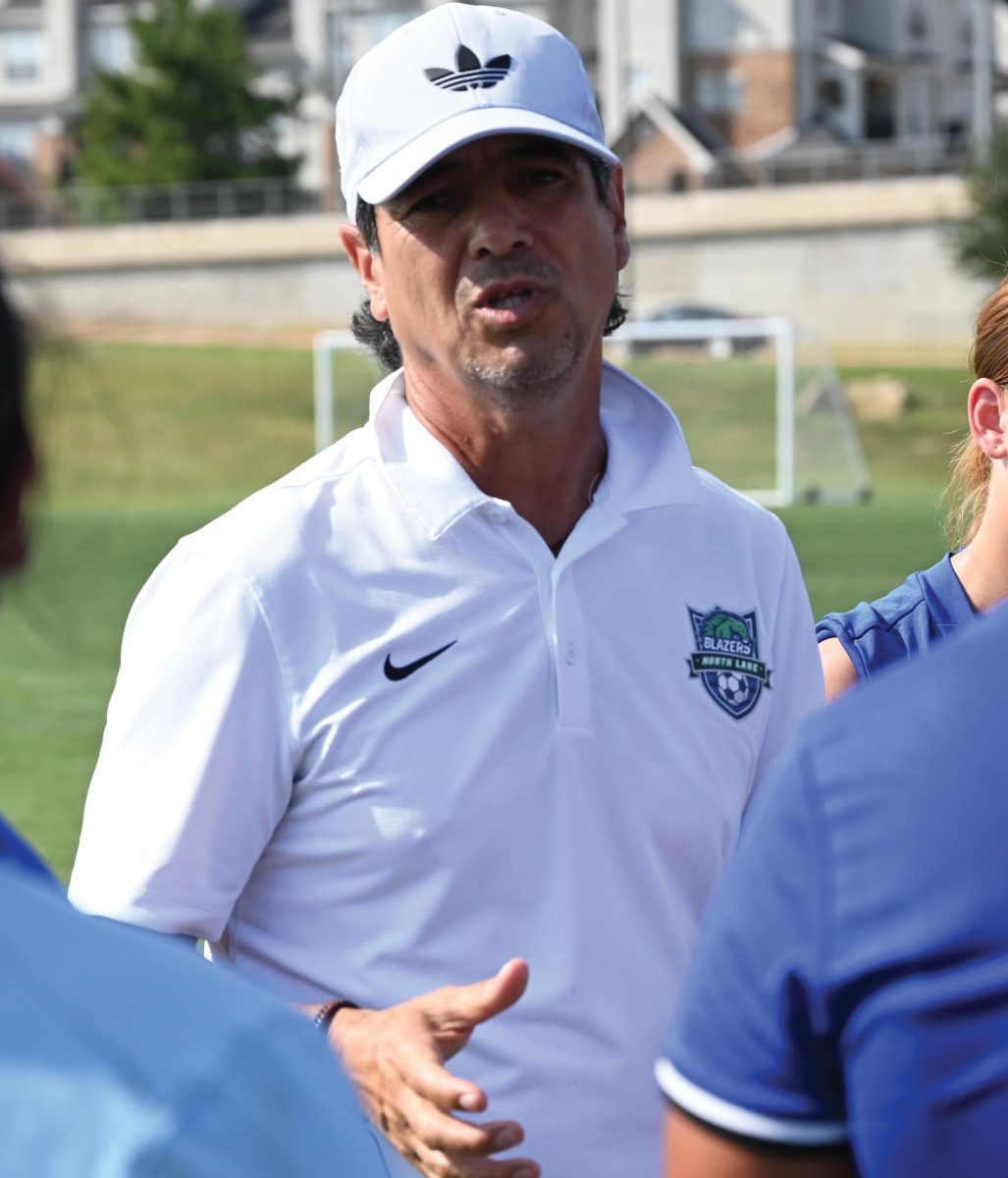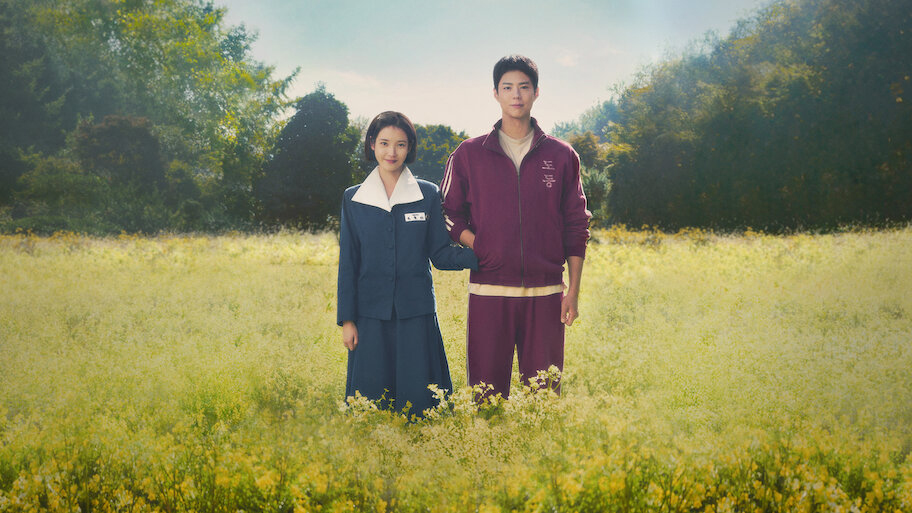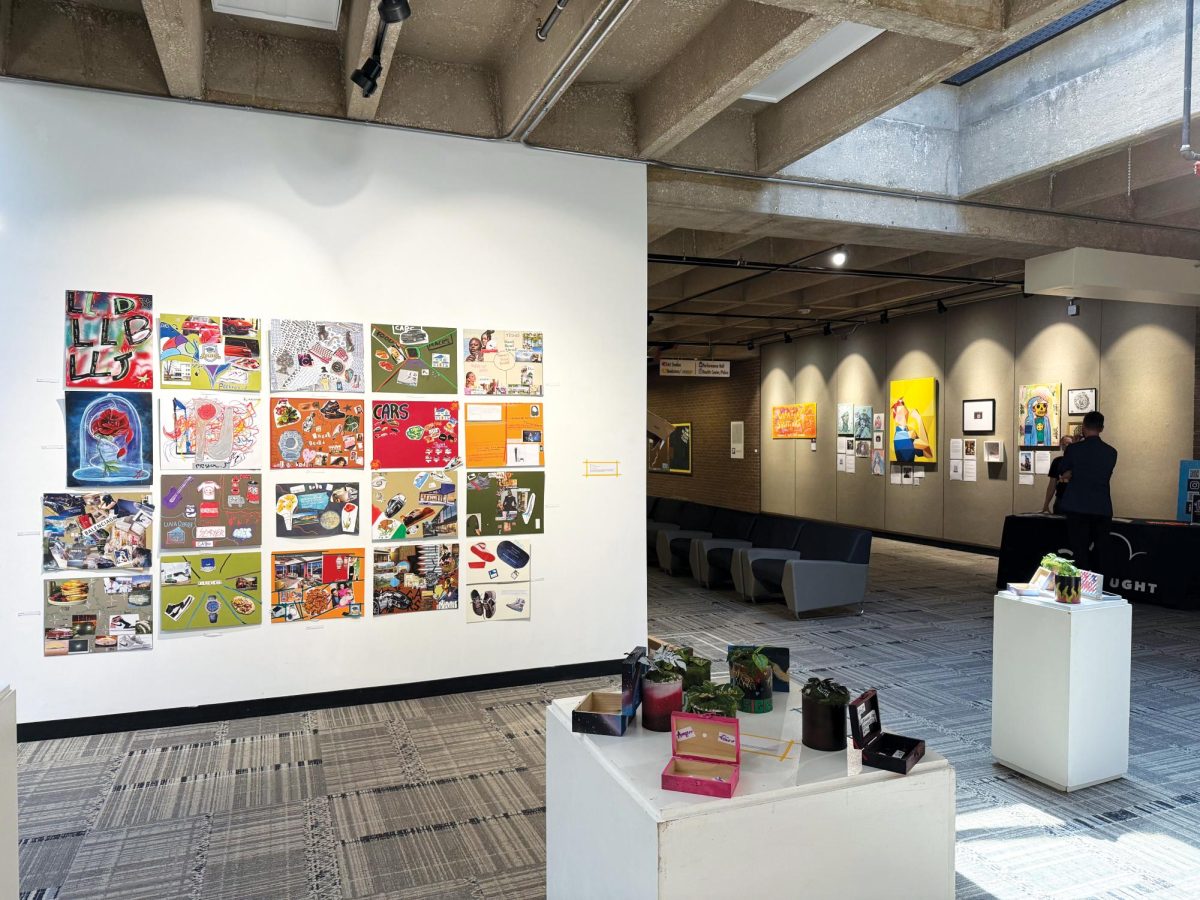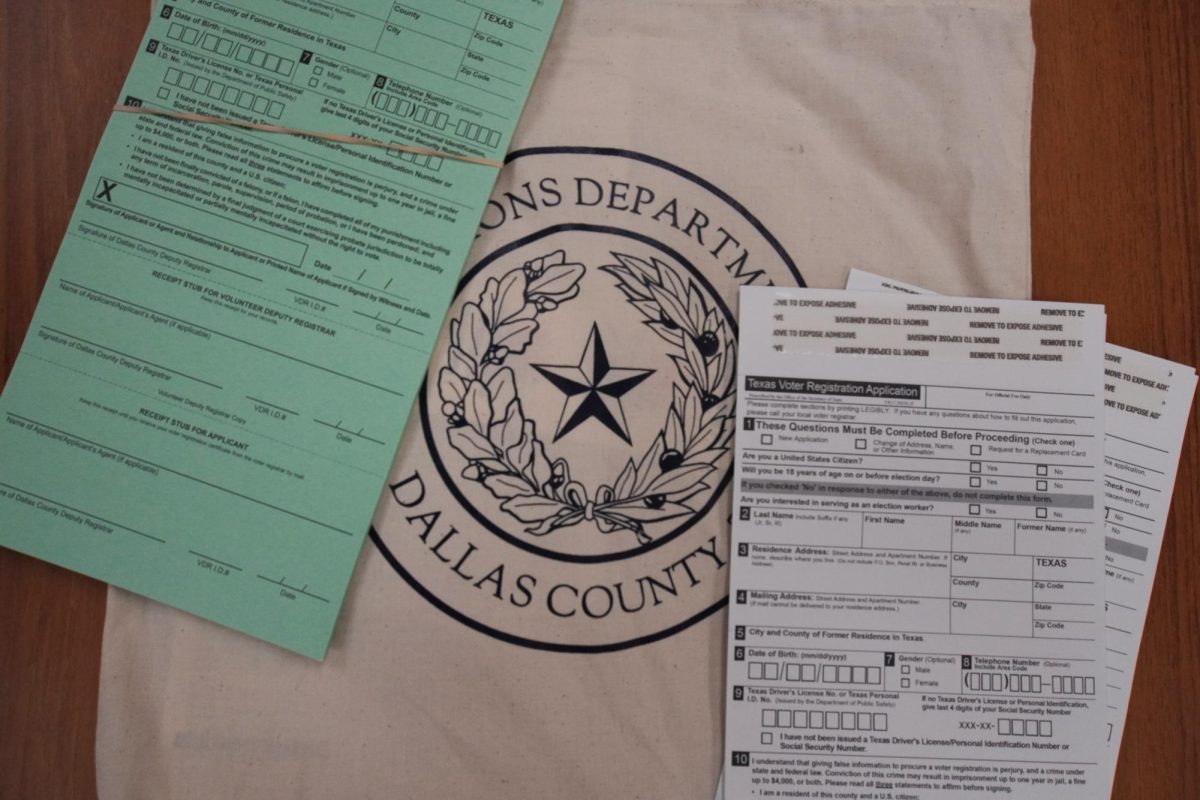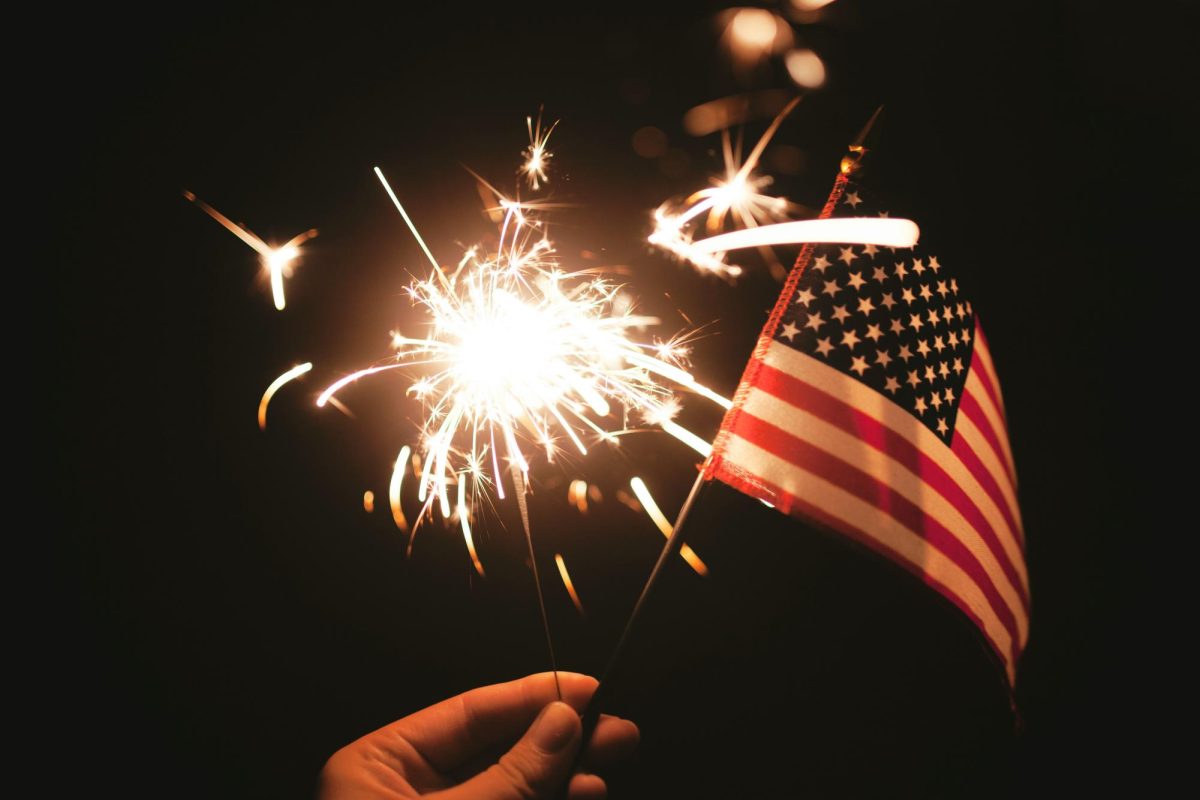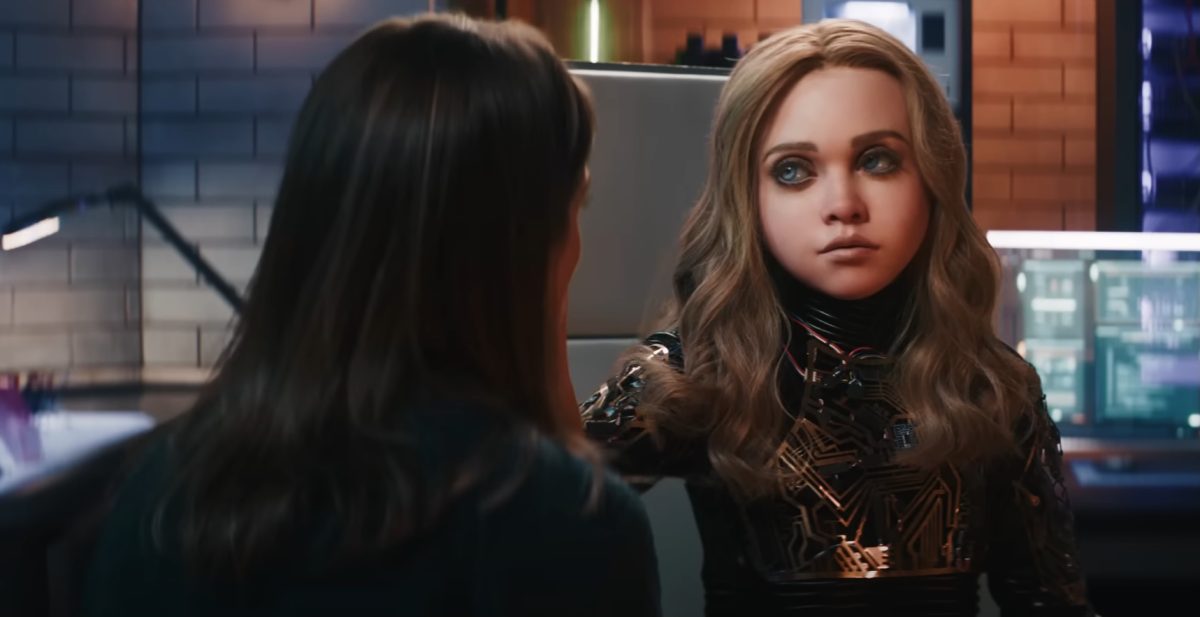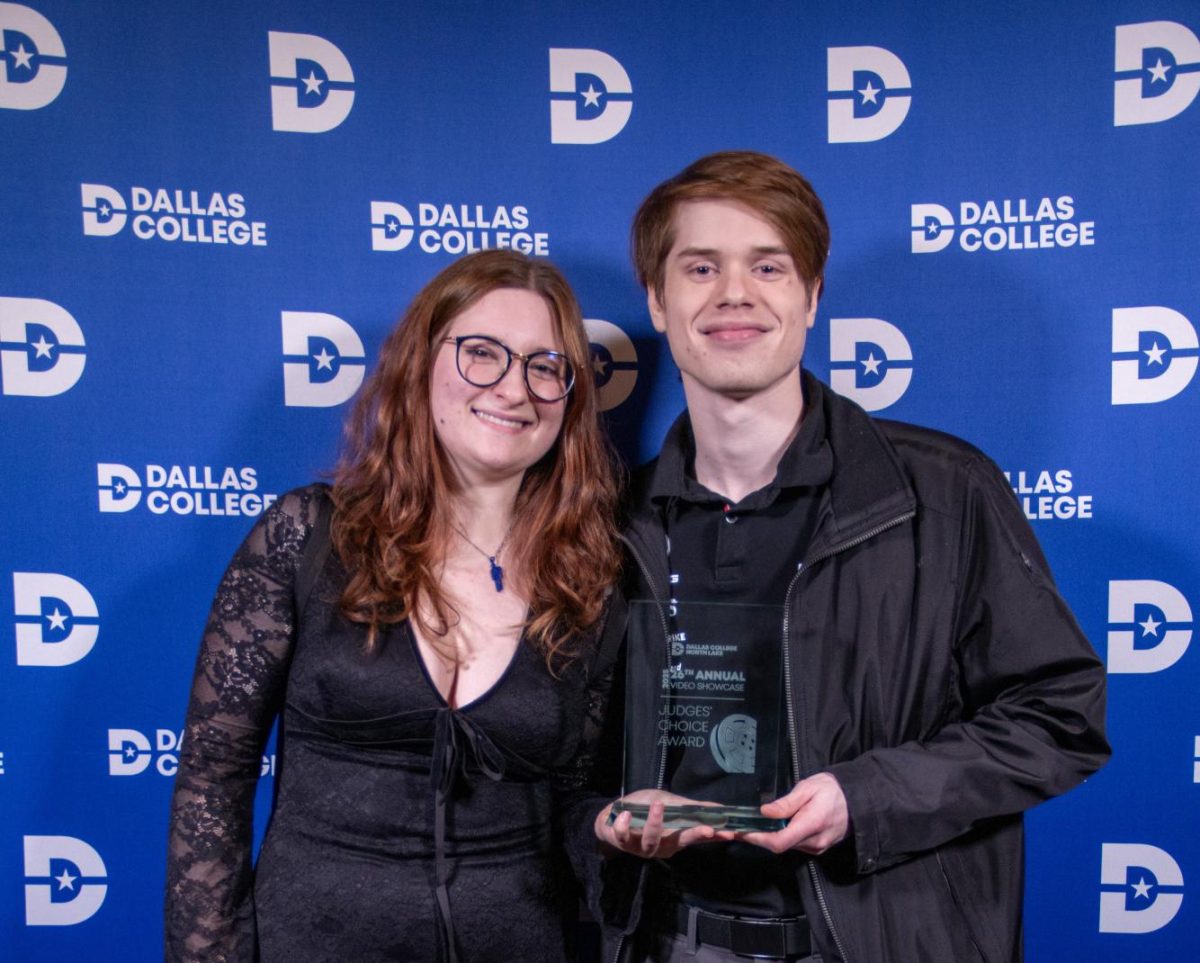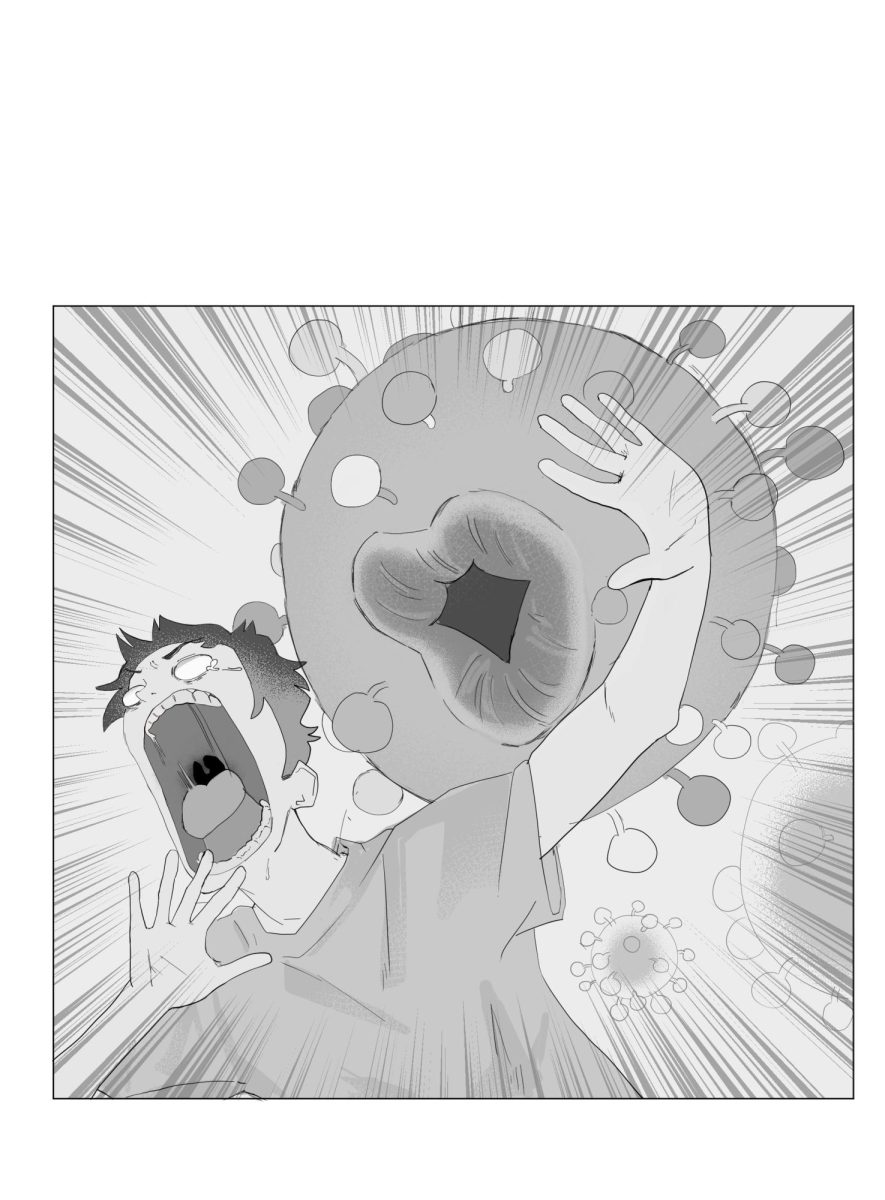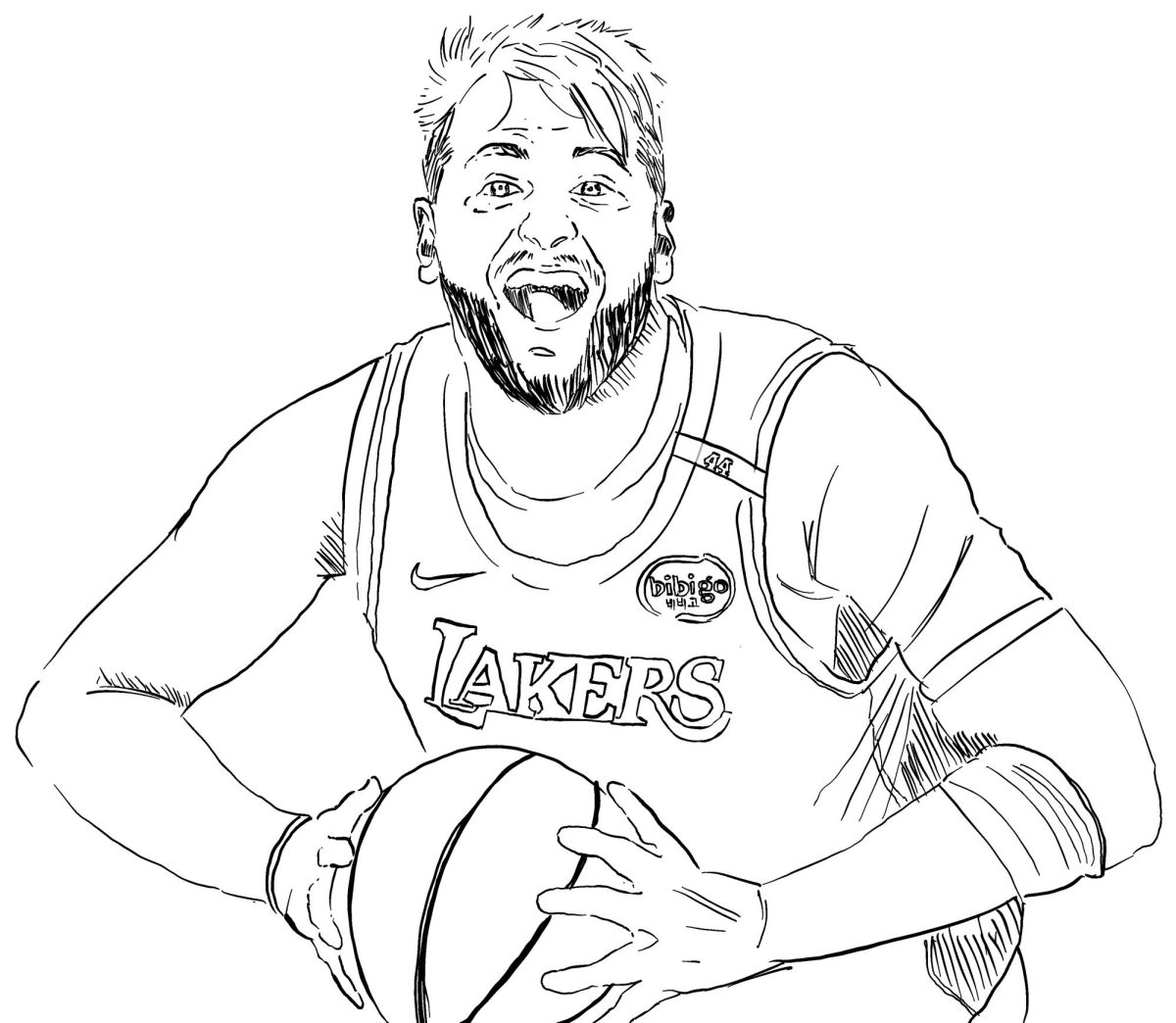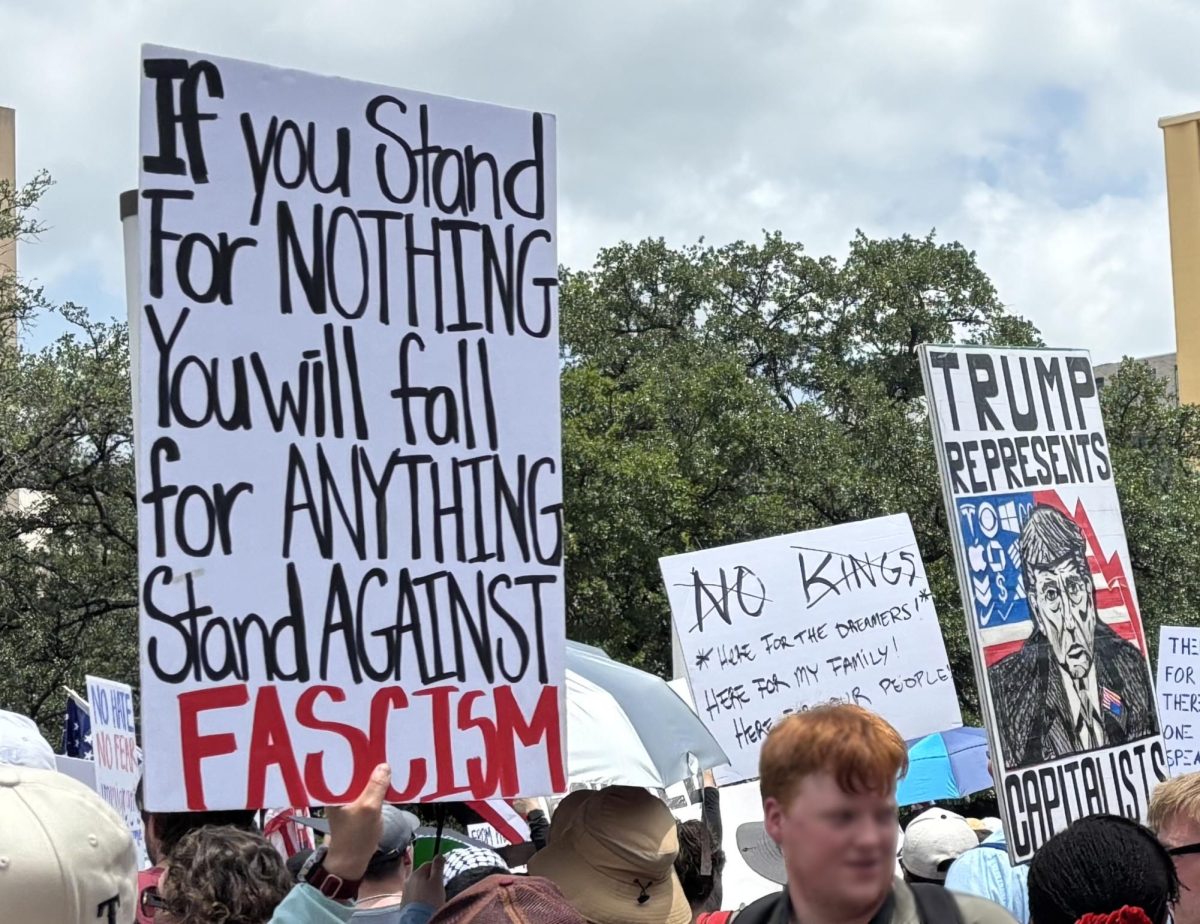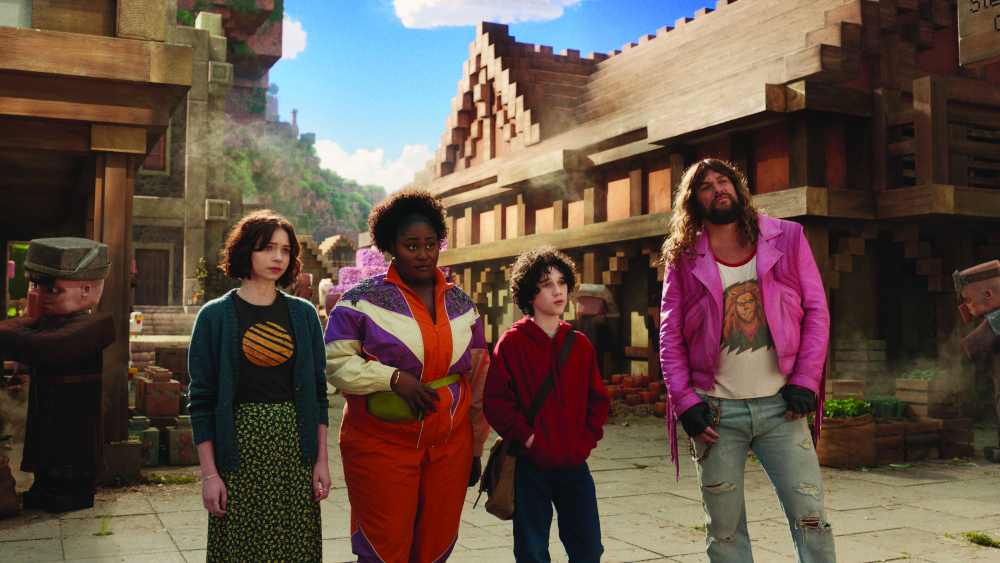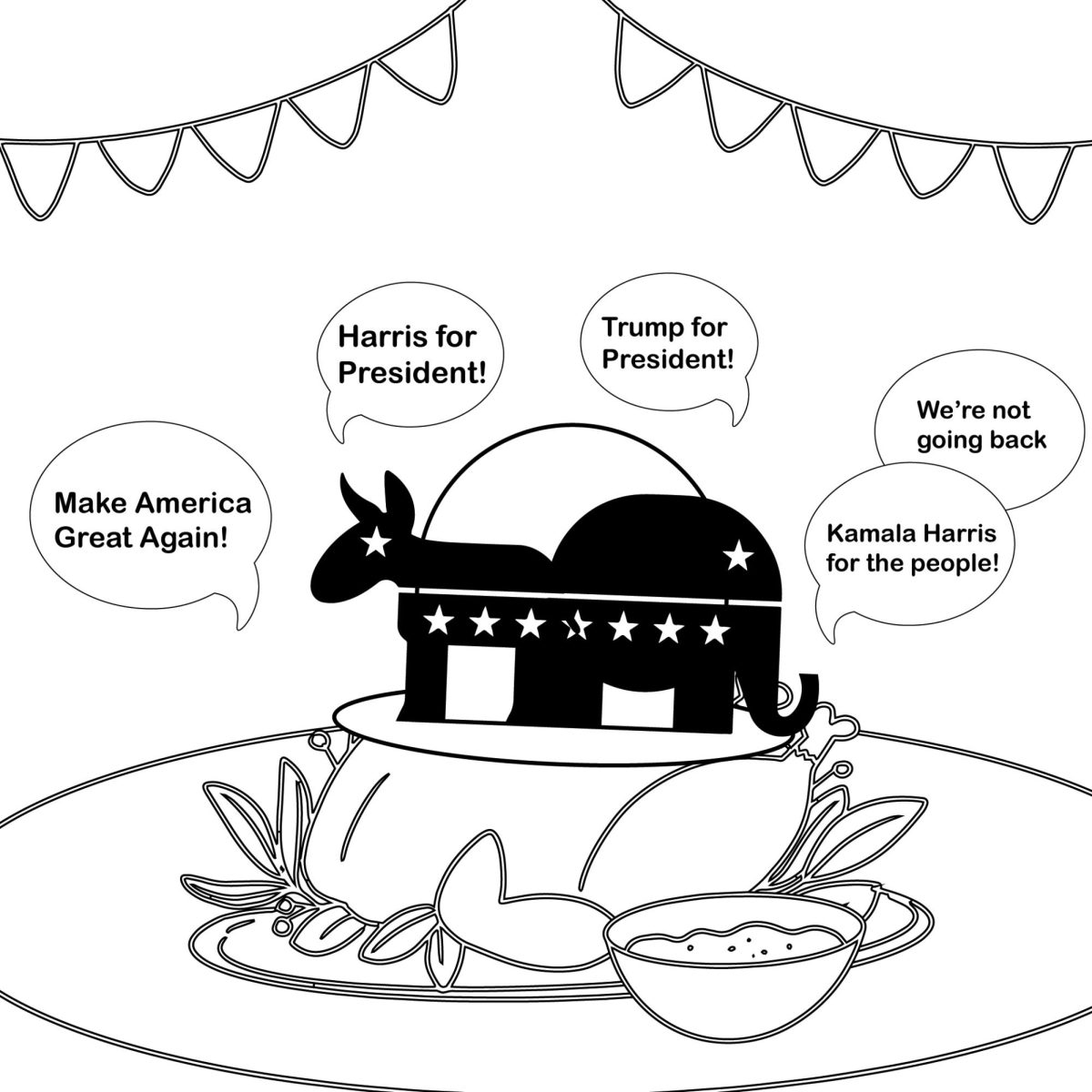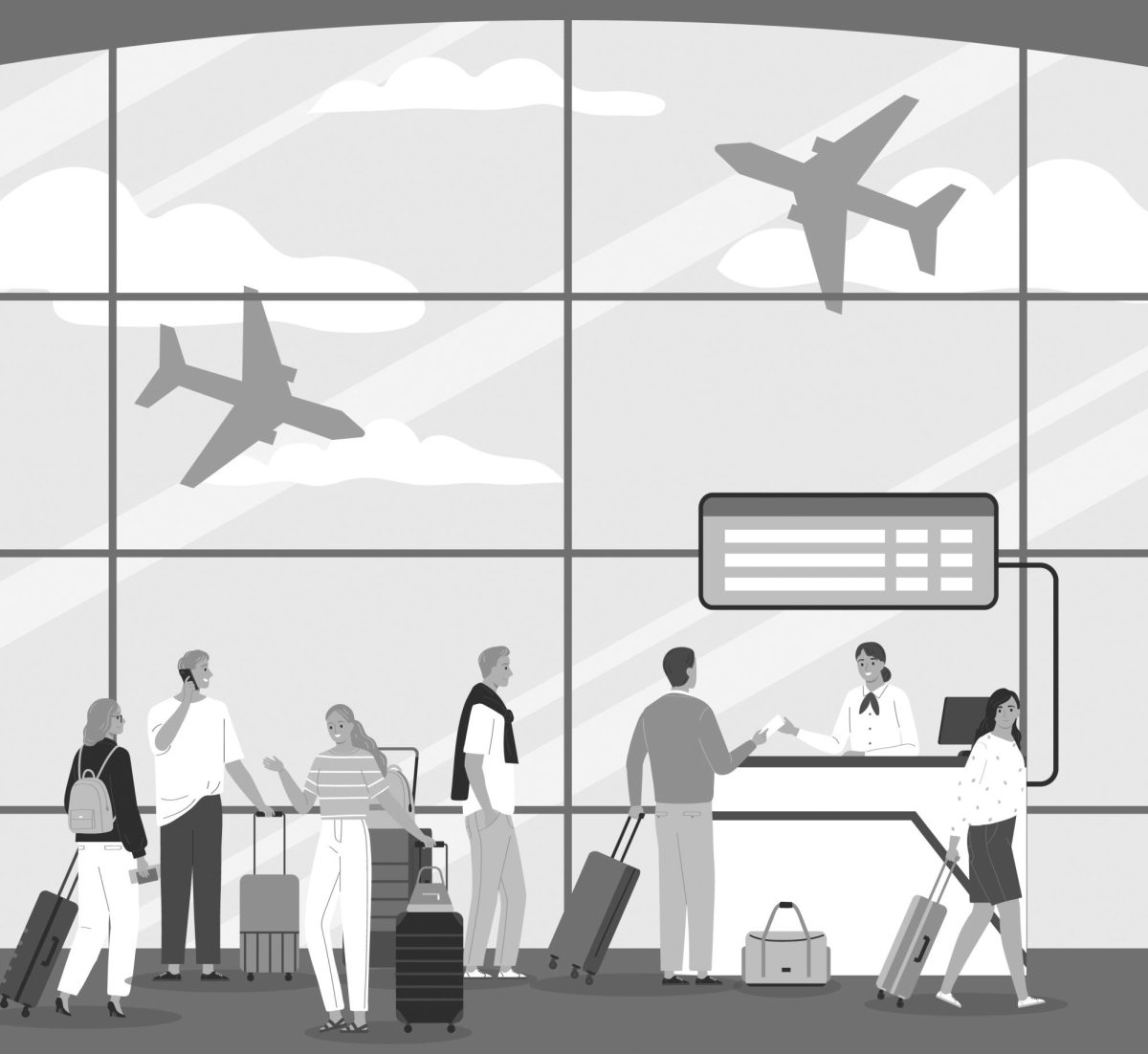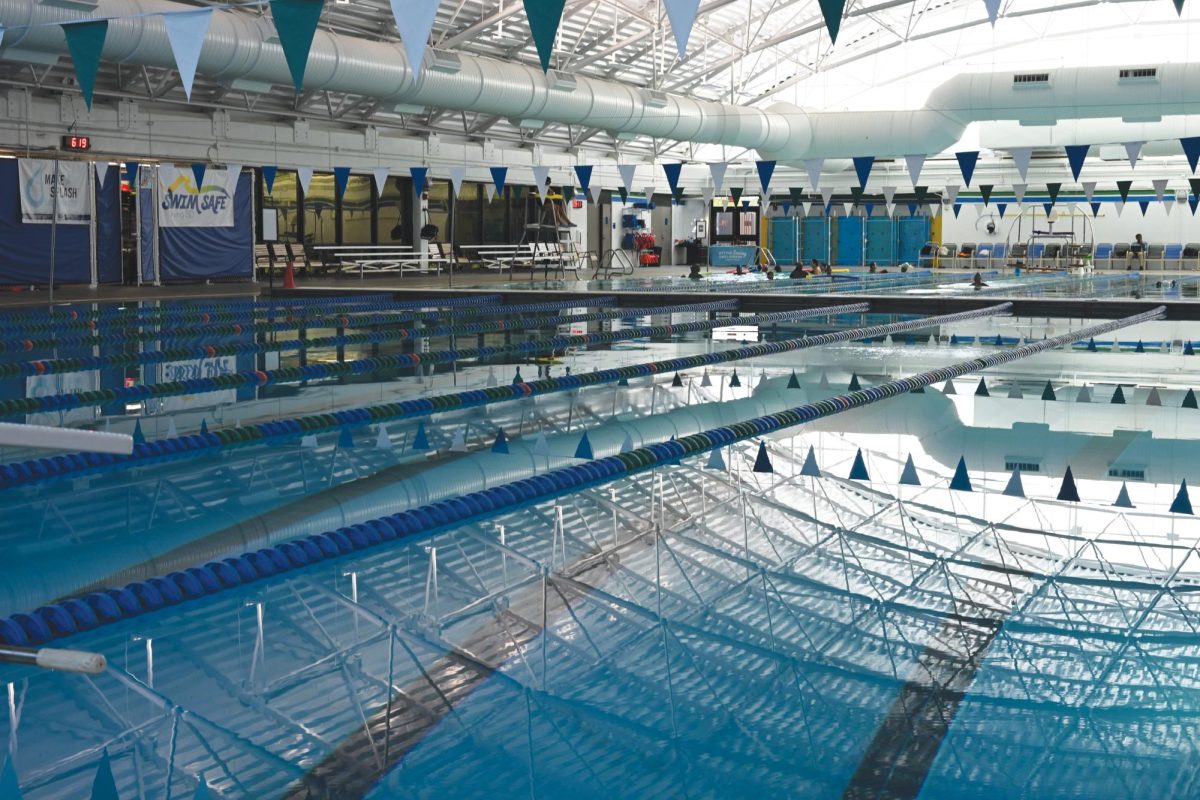When I first became a student leader at Dallas College, I never imagined leadership would take me beyond campus—let alone to cities I had only seen on maps, but with the college’s support, I had the chance to travel, fully sponsored, to conferences and summits that challenged me to grow, connect and see leadership from a broader perspective. Along the way, I started collecting magnets from every city I visited, a small tradition that reminds me of the lessons I picked up in each place.
Since COVID, organizers have struggled to get enough students to commit to these kinds of opportunities. Between personal commitments, work schedules or travel anxiety, saying “yes” is not always simple, but for those who do, the rewards stretch far beyond a line on a resume. These trips build adaptability, cultural awareness, communication and confidence in professional spaces.
These are not just free getaways. They’re meaningful experiences that require initiative. At Dallas College, such opportunities are typically open to students actively engaged in leadership roles, student government, programs like the Male Achievement Program (MAP) or TRIO, honors societies, STEM League, or those who volunteer regularly. The student’s GPA isn’t always the top priority, but staying in good academic standing helps. Selection often happens through nominations or evaluations of engagement and leadership potential—not on a first-come, first-served basis.
My first trip was to the University of Texas at Austin MALES Summit, sponsored by MAP during the summer of 2024. It was my introduction to student leadership outside of my campus bubble. The summit focused on minority student success, and I found myself in rooms filled with driven students from across Texas. It was inspiring—and intimidating. That is where I first learned the power of showing up, even when you feel like you don’t belong. I learned to listen, to ask questions and to lean into discomfort—skills I still use daily as a student ambassador.
I later attended the Texas Association of Chicanos in Higher Education (TACHE) convention as a student ambassador in the spring of 2025. It wasn’t just a leadership event, but a space rooted in equity and representation for Latino students. The conversations I had about cultural heritage and educational access deepened my understanding of advocacy. I returned with not just new connections but a renewed responsibility to represent my community with purpose.
The third trip that made a lasting impact was the Phi Theta Kappa Catalyst convention, right after TACHE. Imagine thousands of student leaders from around the world all celebrating scholarship, leadership and service. It was overwhelming—in the best way. I met students with ideas and projects I never thought possible at a two-year college. Catalyst expanded my mindset about what community college students are truly capable of.
To me, the magnets on my fridge are more than just souvenirs. They are reminders of the spaces I was brave enough to enter, the people I met and the leader I am still becoming. Dallas College opened those doors for me, and I hope more students choose to step through them.


